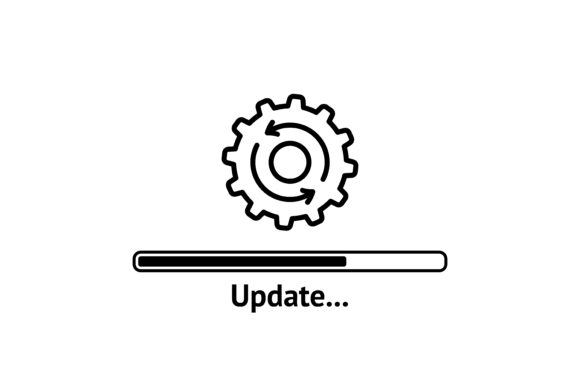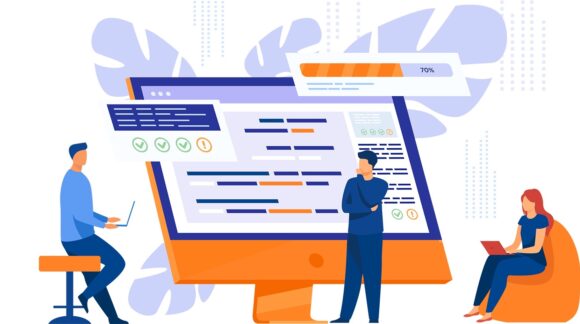Transactions, technologies and trends
Category: E-invoicing
E-invoicing, or electronic invoicing, is a digital method of generating, sending, receiving, and processing invoices between businesses and their trading partners. Unlike traditional paper-based invoicing, e-invoicing leverages technology to automate and optimize the entire invoicing process, leading to increased efficiency, accuracy, and cost savings.
Key features of e-invoicing include:
- Automated Generation: E-invoicing systems automatically generate invoices based on predefined templates and transaction data, reducing the need for manual input and minimizing errors.
- Instant Delivery: Invoices are transmitted electronically, enabling real-time delivery to recipients regardless of their location. This accelerates the billing cycle and supports prompt payment processing.
- Data Accuracy: E-invoices are created from structured data, reducing the risk of human errors that can occur during manual data entry. This accuracy leads to faster approval and payment cycles.
- Digital Signatures and Authentication: E-invoicing solutions often incorporate digital signatures and authentication mechanisms, enhancing security and authenticity of the invoices.
- Integration: E-invoicing systems can seamlessly integrate with accounting software, enterprise resource planning (ERP) systems, and other financial management tools. This streamlines data entry and ensures consistent records.
- Efficient Workflow: E-invoicing automates the approval and processing workflow, allowing for easier tracking and visibility into the status of invoices.
- Cost Savings: By eliminating paper, printing, postage, and manual processing, e-invoicing significantly reduces administrative costs associated with invoicing.
- Environmental Impact: E-invoicing contributes to environmental sustainability by reducing paper consumption and carbon footprint associated with traditional invoicing methods.
- Compliance: Many regions have introduced e-invoicing regulations to standardize electronic invoicing practices. E-invoicing solutions often help businesses stay compliant with these requirements.
- Analytics and Reporting: E-invoicing systems provide data insights and reporting capabilities, enabling businesses to analyze payment trends, optimize cash flow, and make informed financial decisions.
As businesses embrace digital transformation, e-invoicing plays a crucial role in modernizing financial processes. It not only improves operational efficiency but also enhances collaboration with partners, minimizes payment delays, and contributes to a more sustainable and connected business ecosystem.
Explore our articles about e-invoices and next-gen invoicing practices.

An important step towards a global standard for electronic invoicing has been taken. The Swedish format Svefaktura will cease to be recommended as a …

The e-invoicing market is seeing positive growth that is rapidly picking up. Market research predicts the adoption to grow by US$6.93 billion by 2024. …

Let’s face it: Automation and integration are the goals of any business today. They’re how companies will keep up with competitors as technology evolves …

What are the requirements for valid invoices? Here’s what you need to know. The goal of every business is to get paid for the …

E-invoicing has transitioned from a nice-to-have to a must-have, and the technology is changing fast. In our new guide to e-invoicing, we’ll present what …
